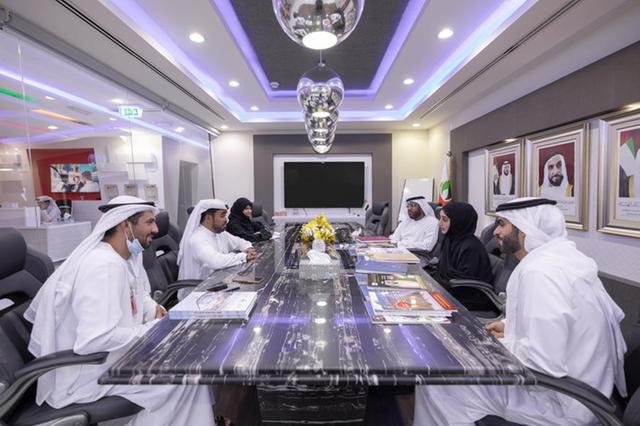The Department of Community Development (DCD) in Abu Dhabi organised nine virtual workshops on licensing of third sector institutions. Held over two weeks, these workshops were attended by 105 civil associations and institutions of public interest.
Commenting on DCD’s regulatory responsibility, His Excellency Mubarak Salem Al Ameri, Executive Director of the Licensing and Control Sector at DCD, said: “The Department of Community Development seeks to define individuals and entities that actively participate in community service, as part of its supervisory role in the promotion and development of the social sector, and development of the third sector that includes civil associations and establishments related to public interests.”
He recalled that DCD last year signed an MoU with the Ministry of Community Development to define the role of both parties, develop cooperation mechanisms, activate the role of NGOs in Abu Dhabi, organise the third sector and define its roles and powers. The agreement was part of DCD’s effort to implement strategic and operational plans on licensing and monitoring of licensed associations in accordance with the legislations governing the third sector.
“Through these workshops, we clarified to the participants the mechanism of licensing third sector institutions in Abu Dhabi and highlighted the requirements of civil associations and institutions of public interest. Vies and suggestions of the participants were also taken into consideration while providing an overview of DCD’s strategic role in supporting and regulating the third sector, as well as overseeing the Authority of Social Contribution – Ma’an and promoting sports and community participation,” H.E. Al Ameri added. The sport sector’s role within the third sector system was also highlighted at the workshops.
Additionally, the Authority of Social Contribution – Ma’an reviewed its grant programme, which aims to stimulate growth of the social sector in Abu Dhabi by supporting social institutions and companies with social responsibilities. It highlighted its objective to build capacity in the field of social entrepreneurship, develop the third sector, create sustainable social projects, the purpose and benefits of the grant programme. The presentation shed the light on target groups and the programme’s phases, in addition to defining criteria for acceptance in the programme.

